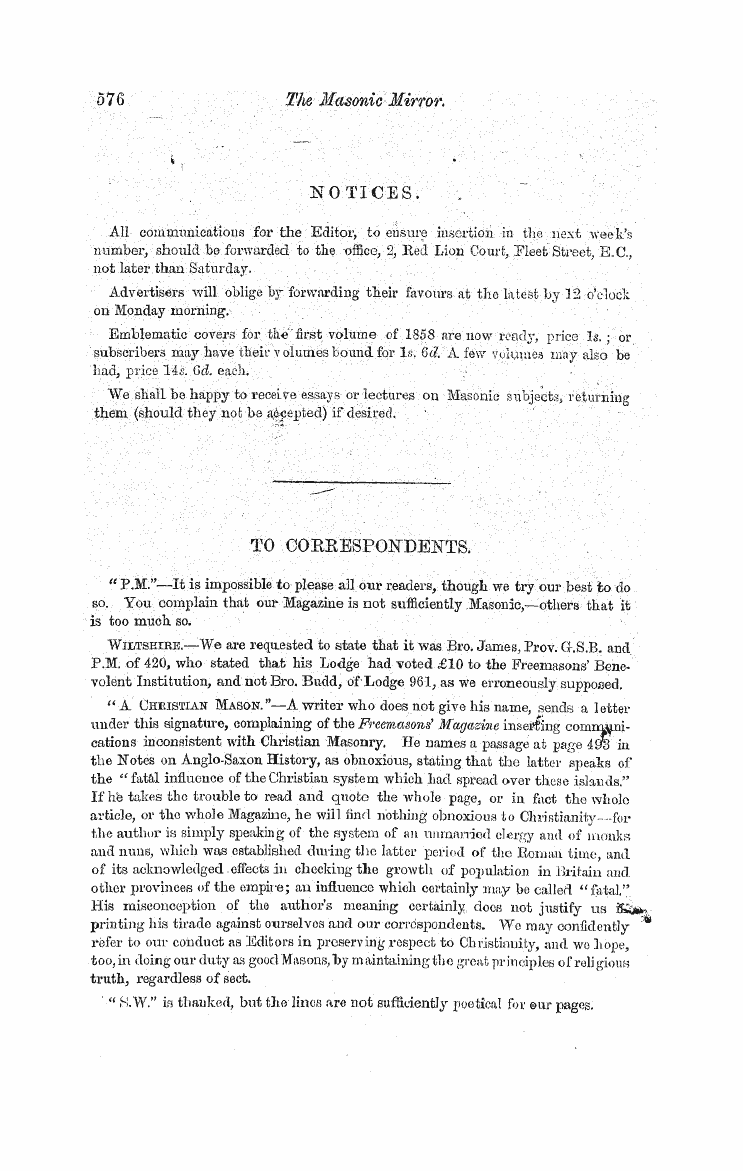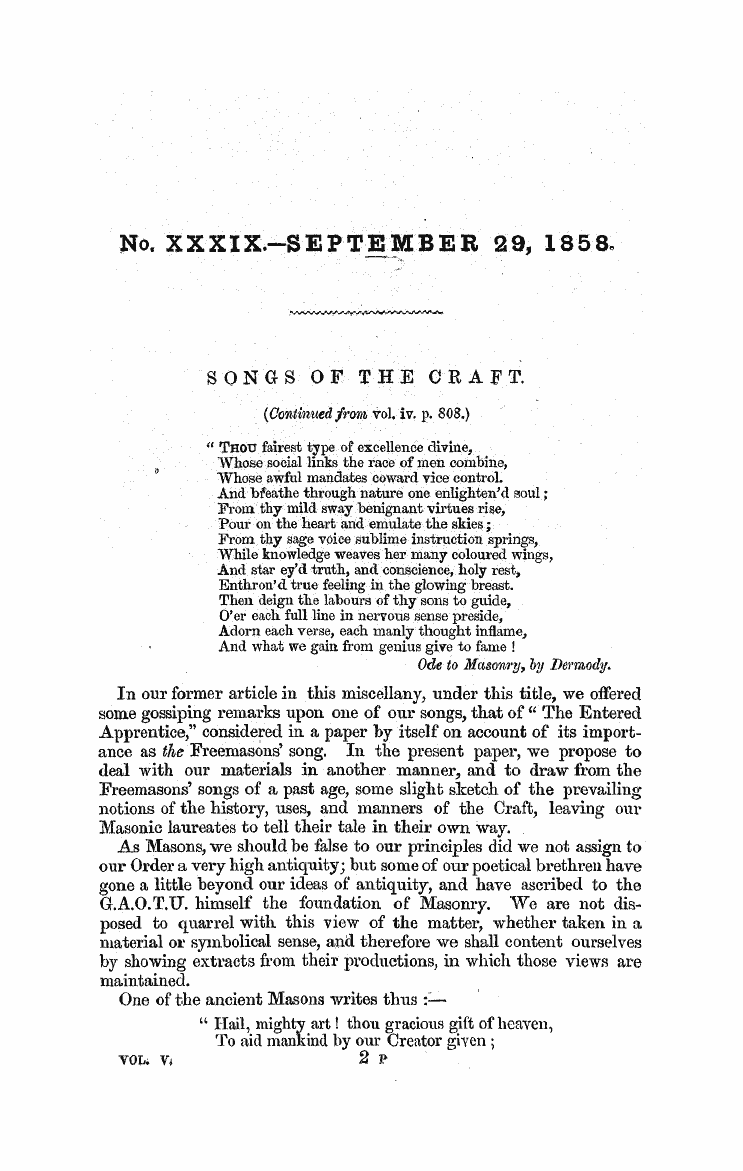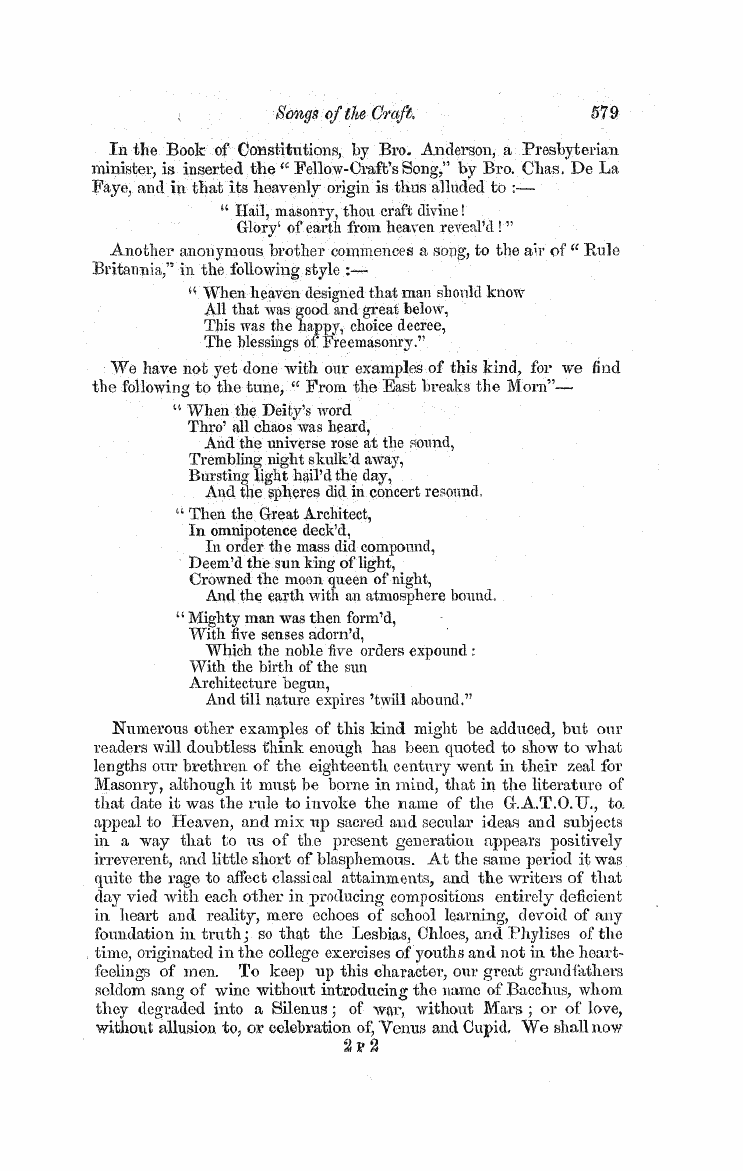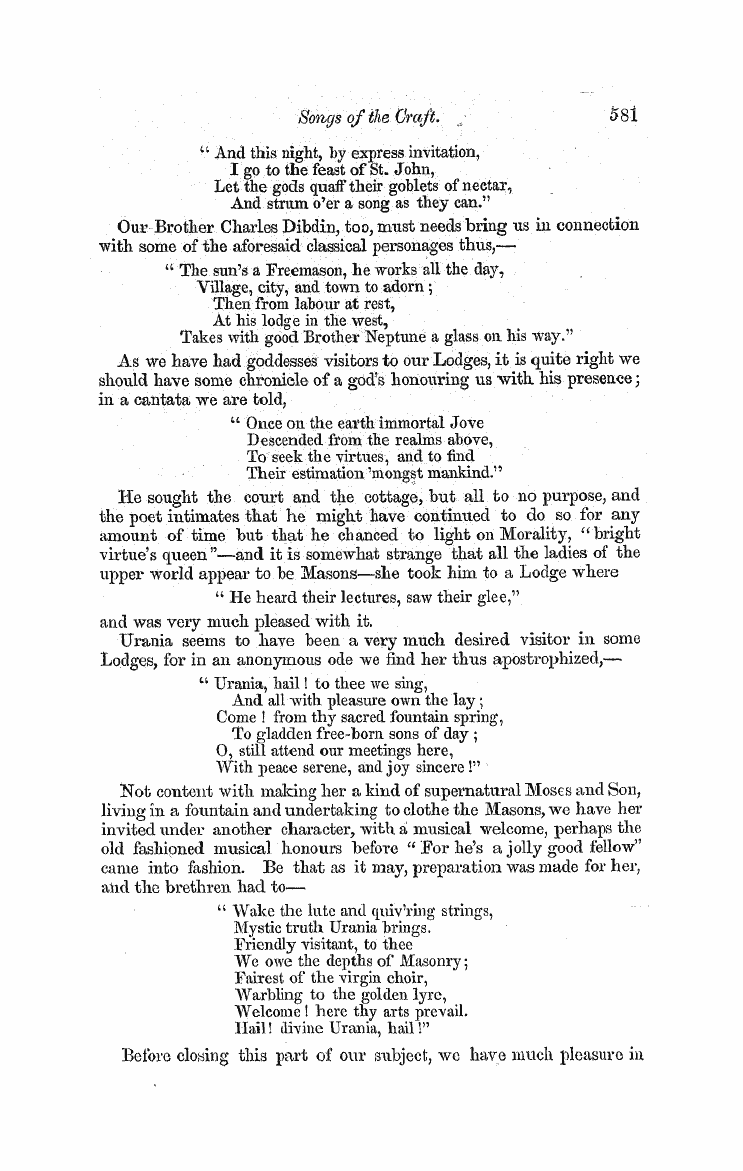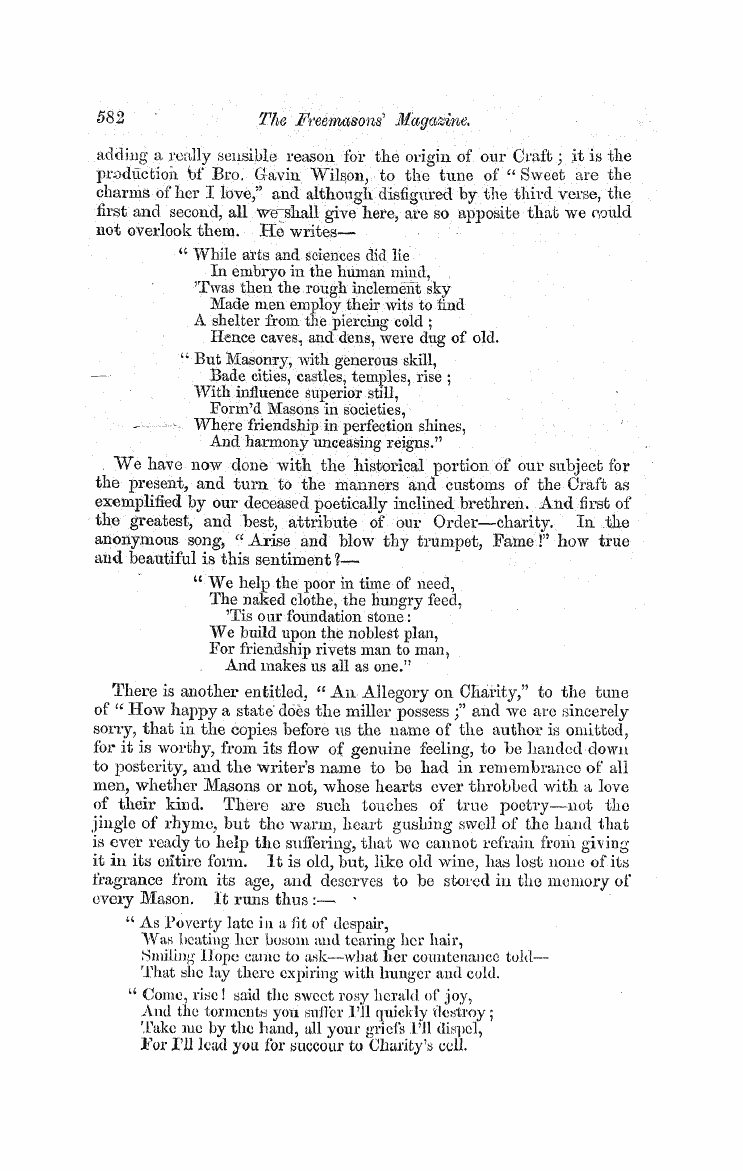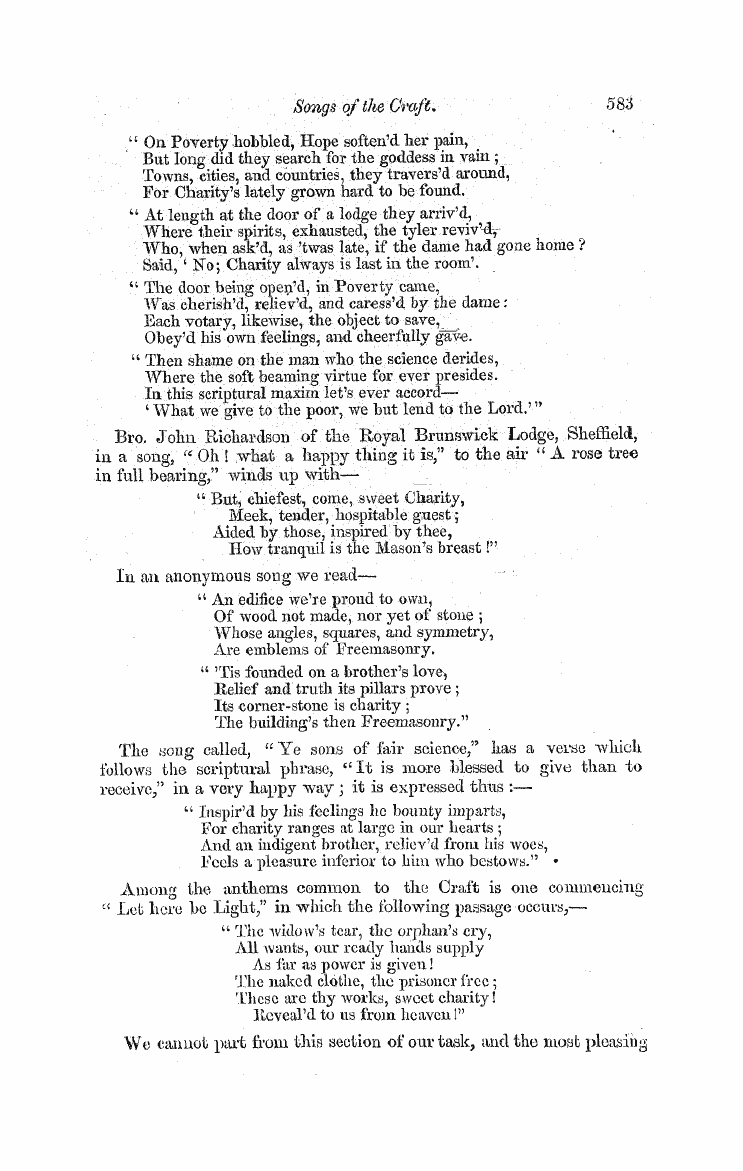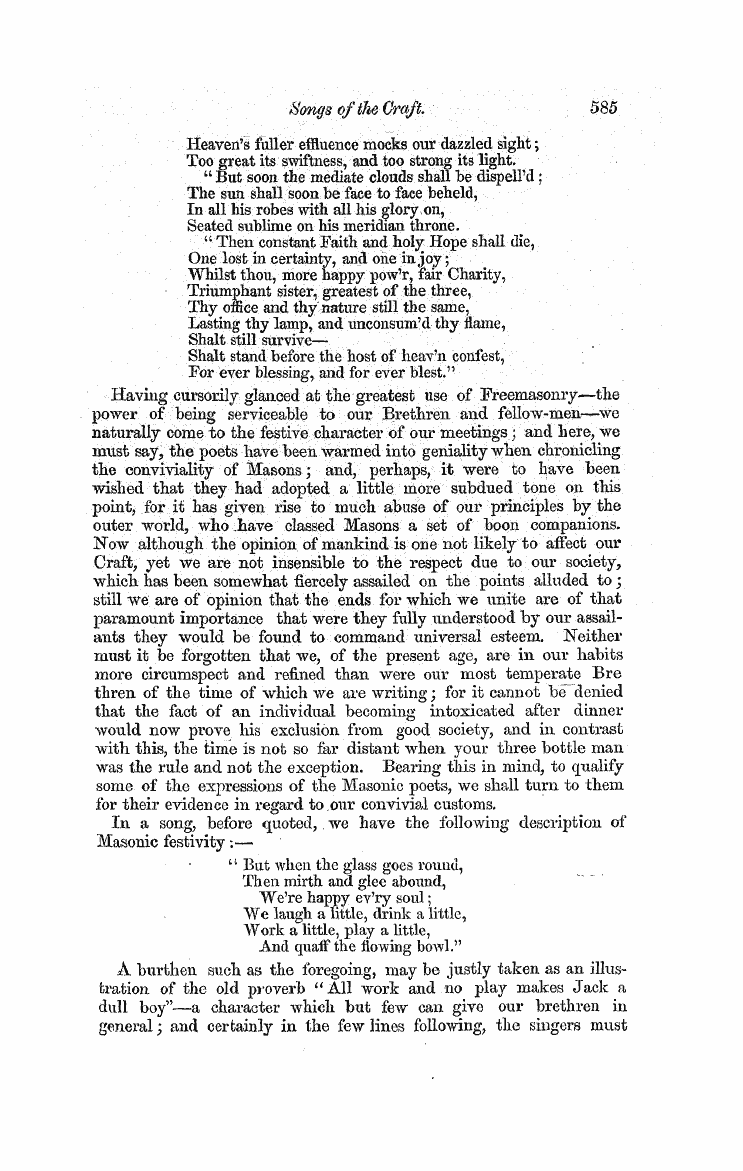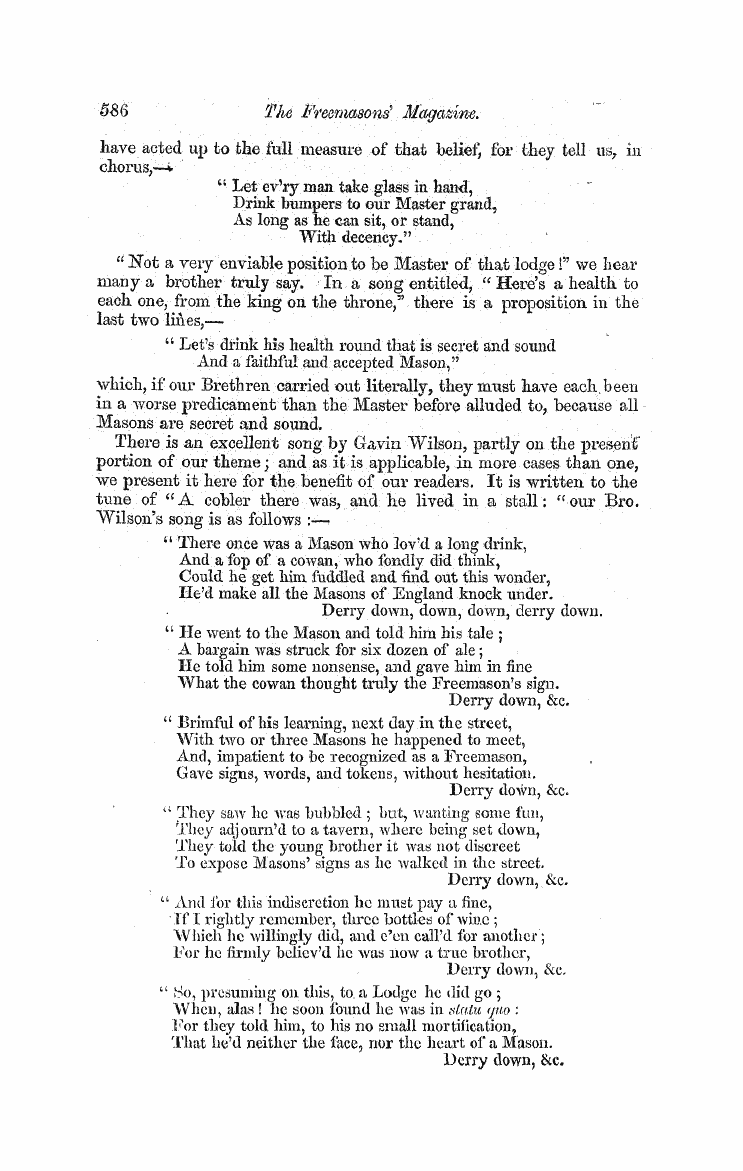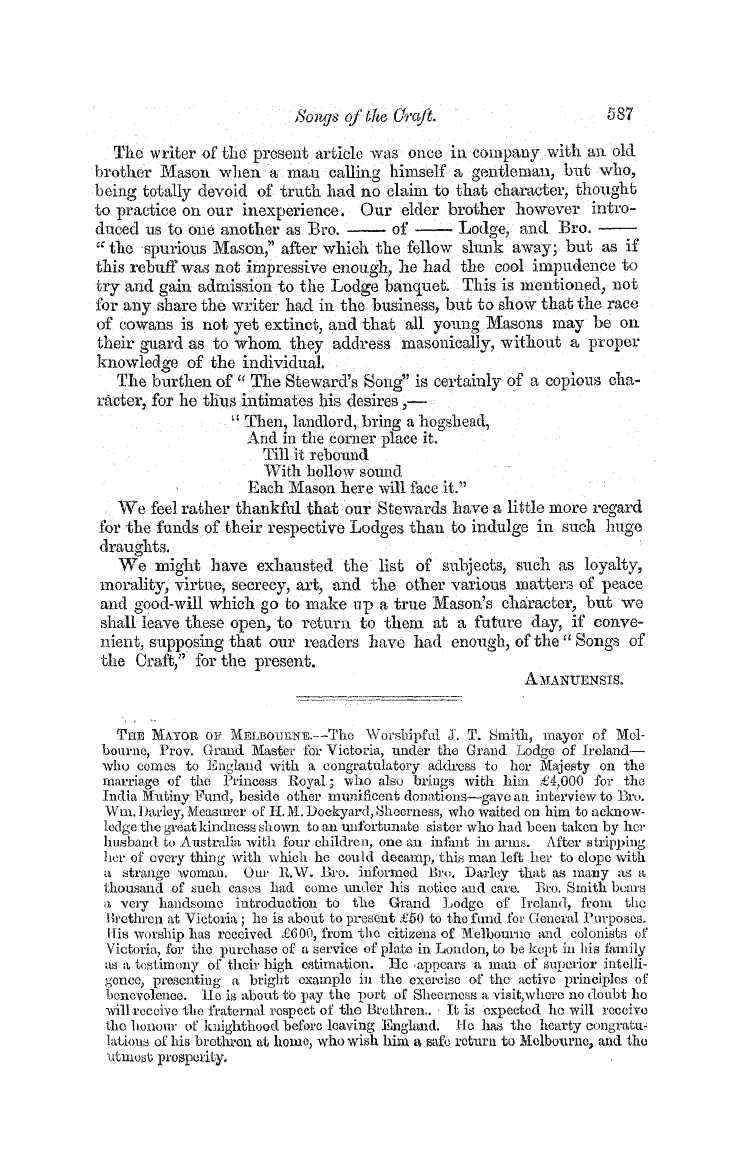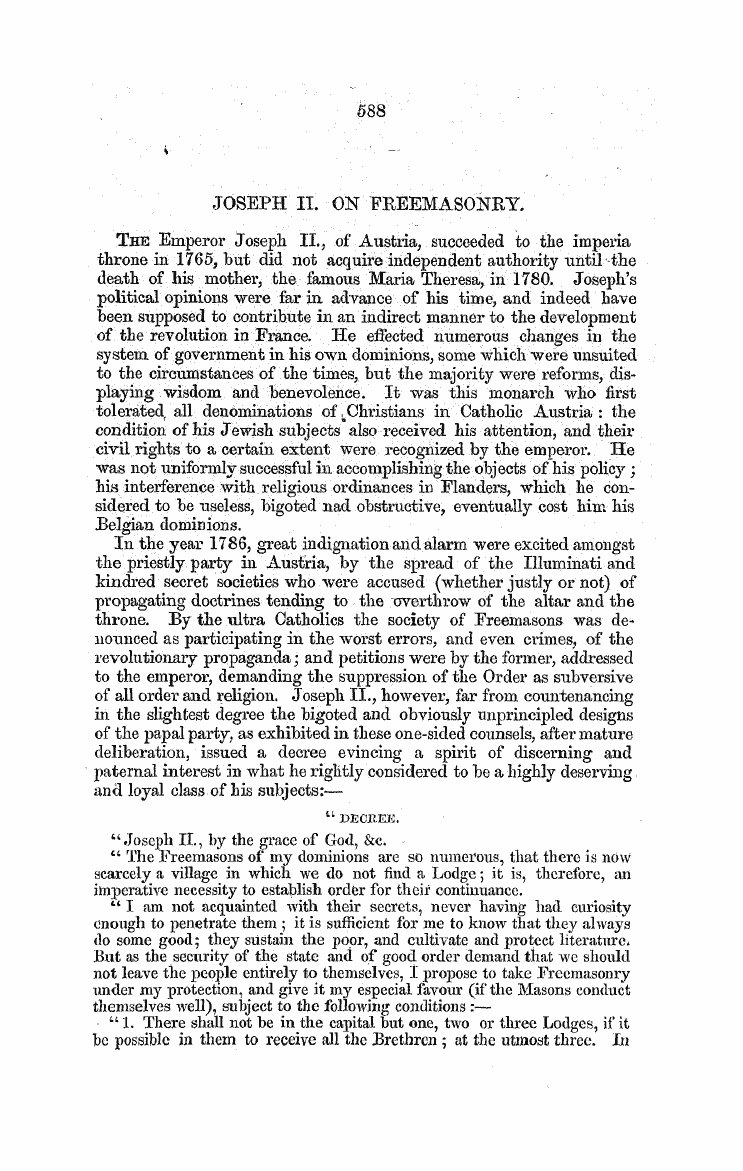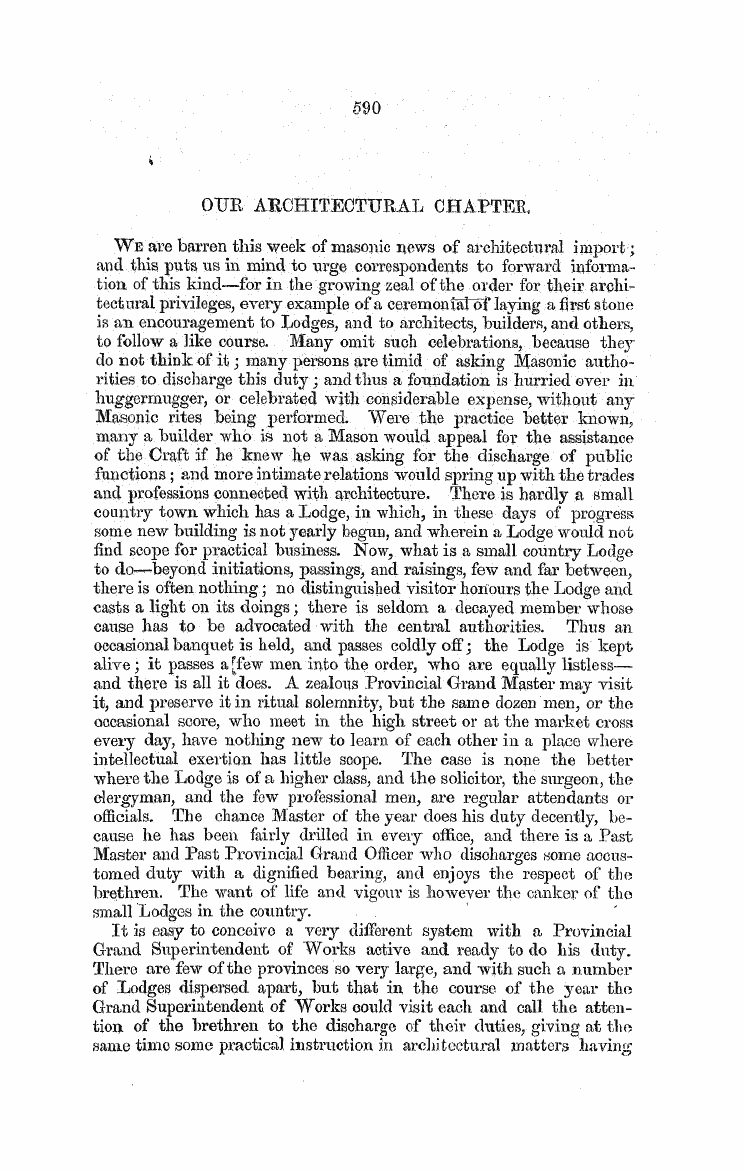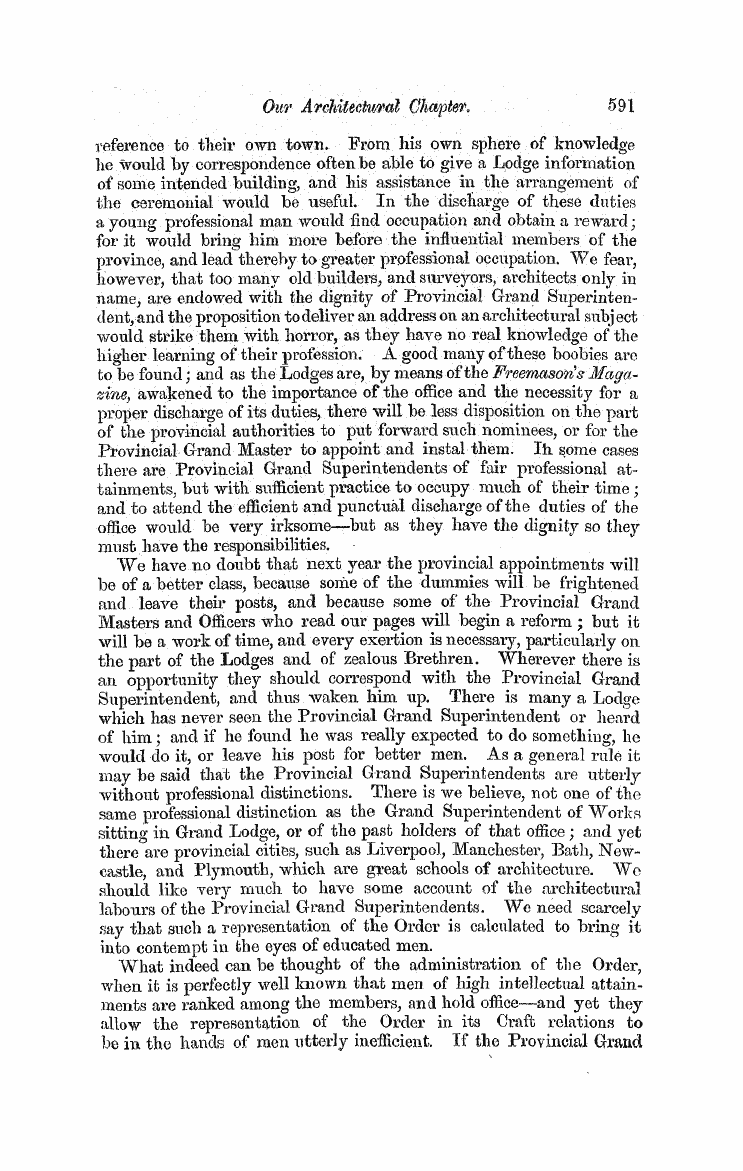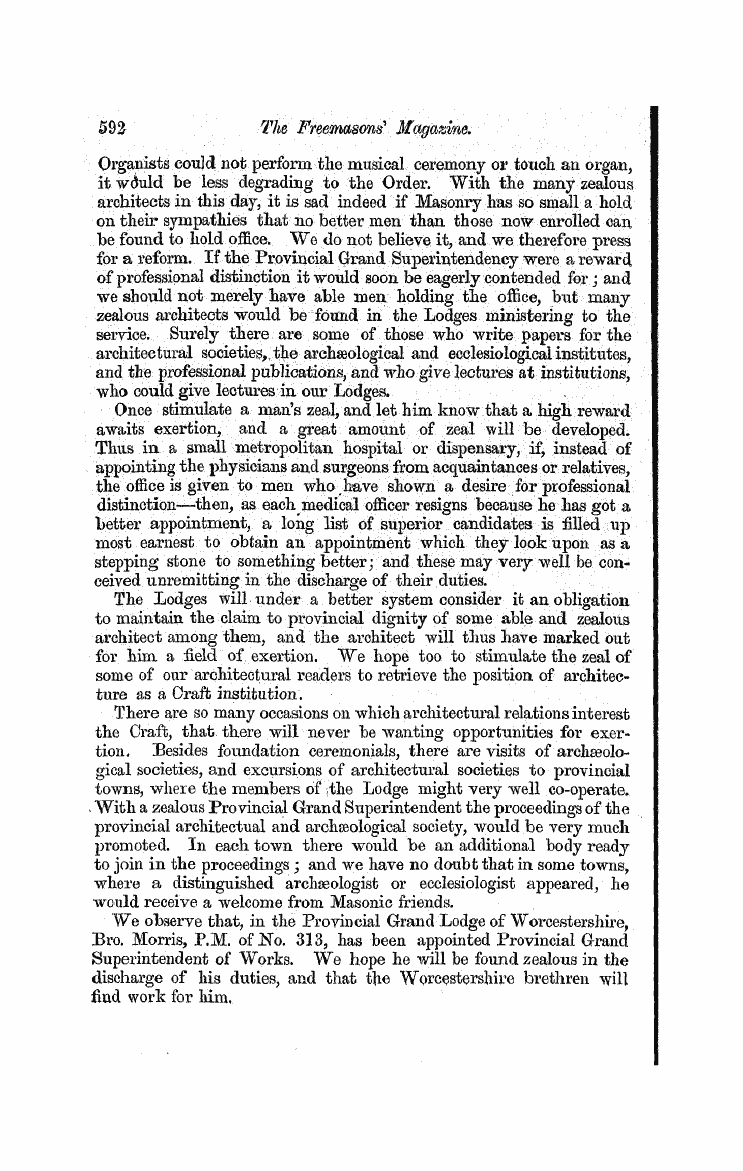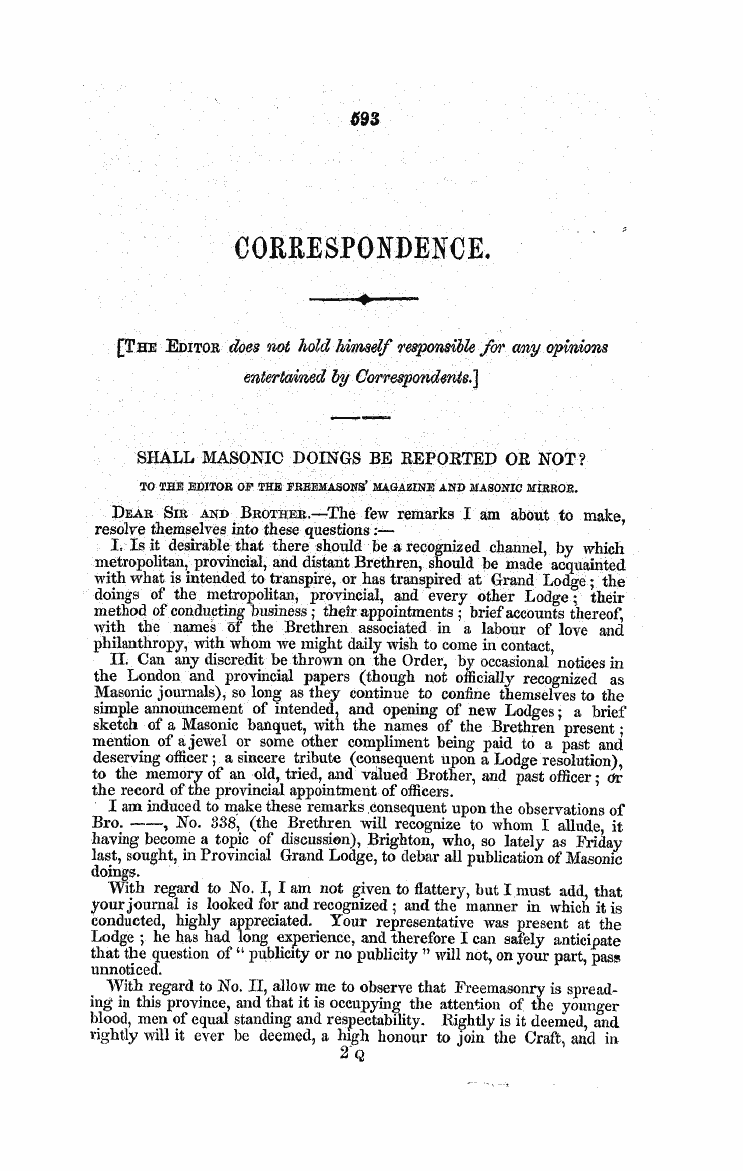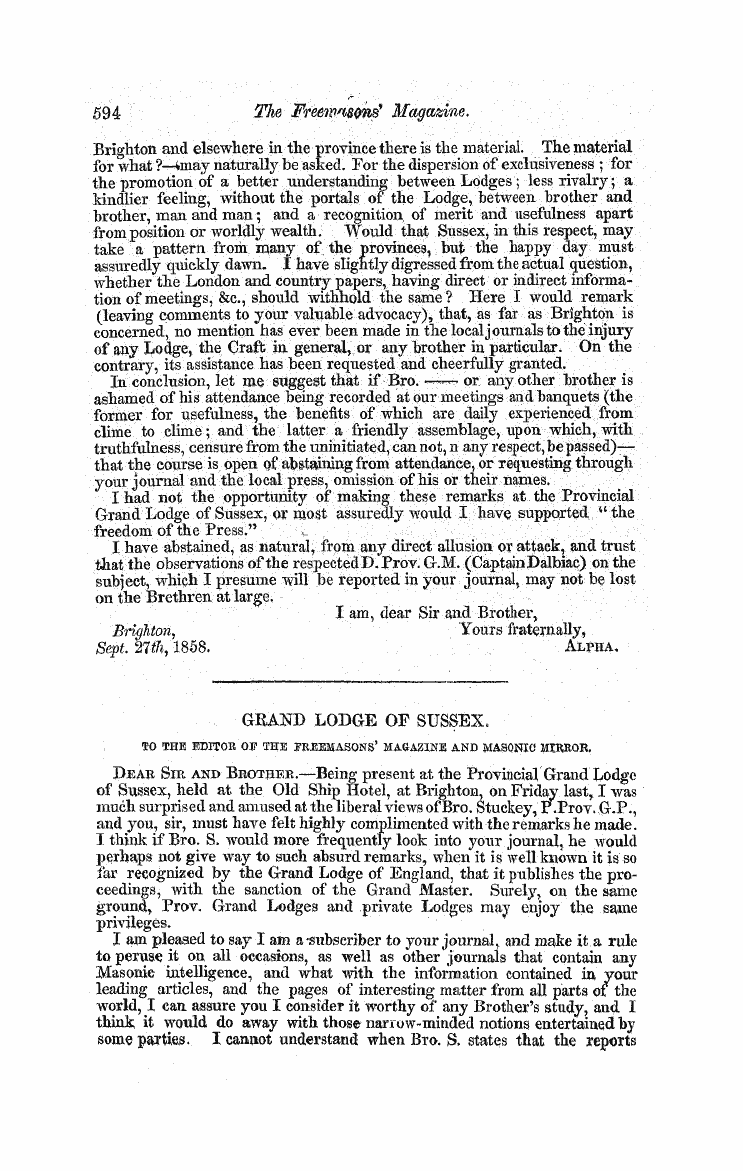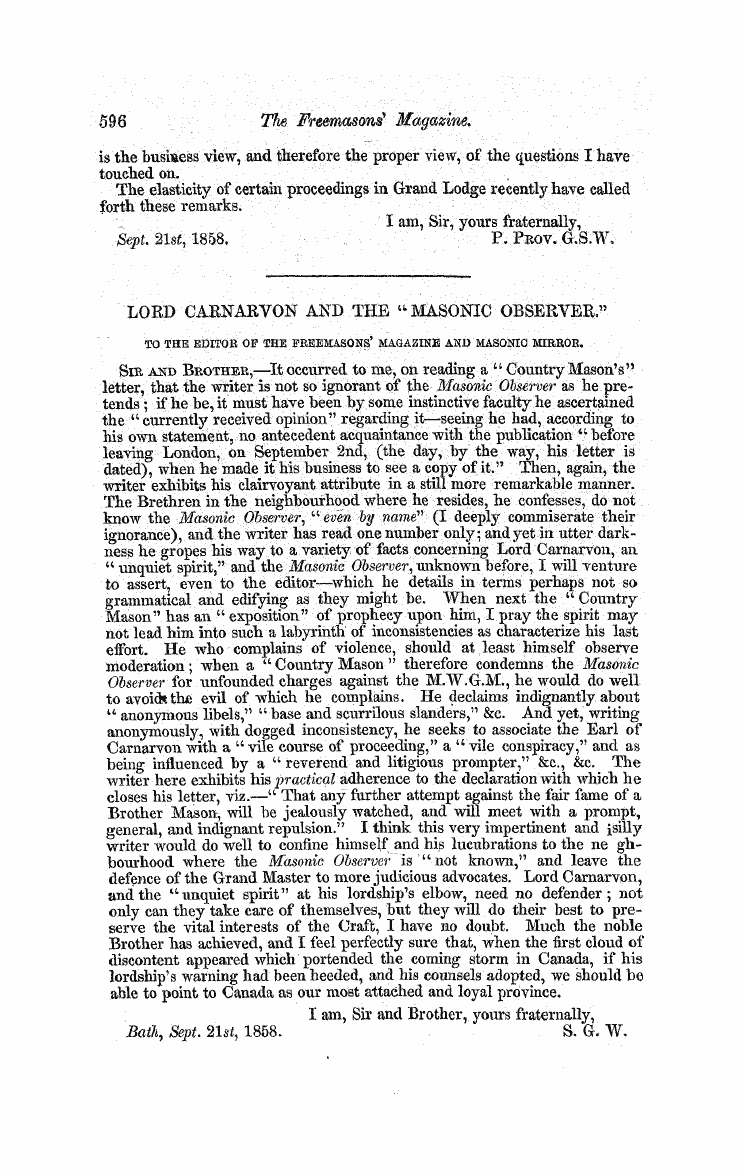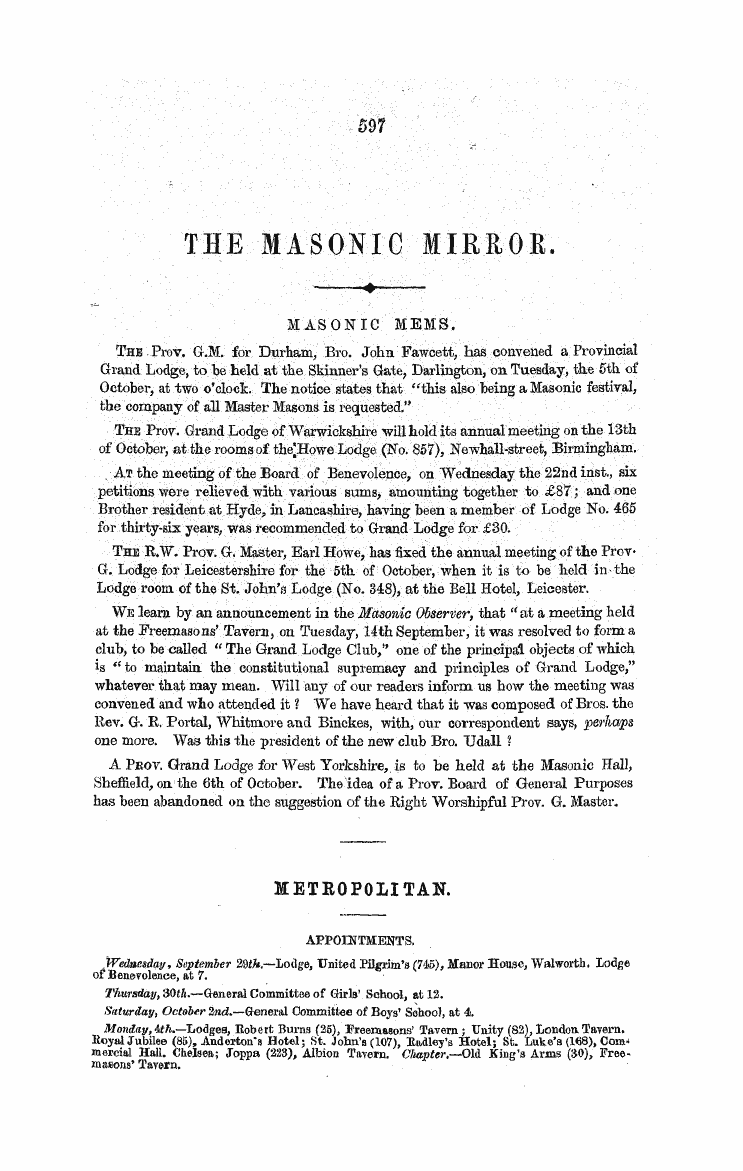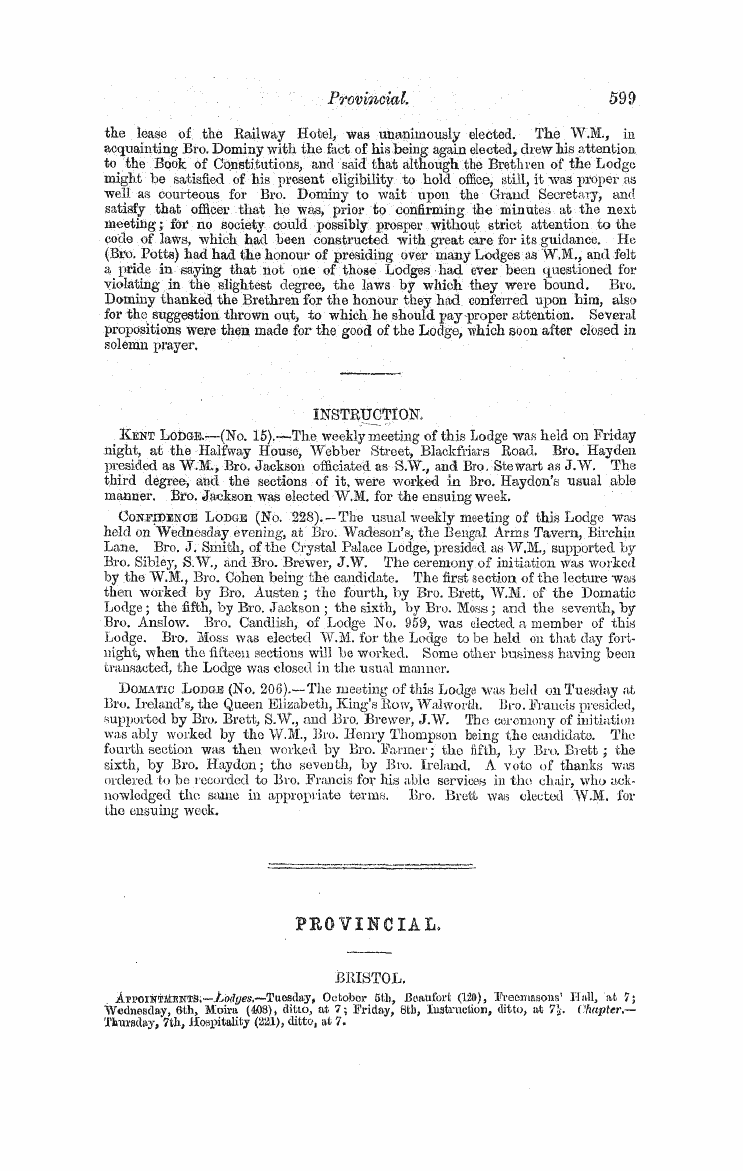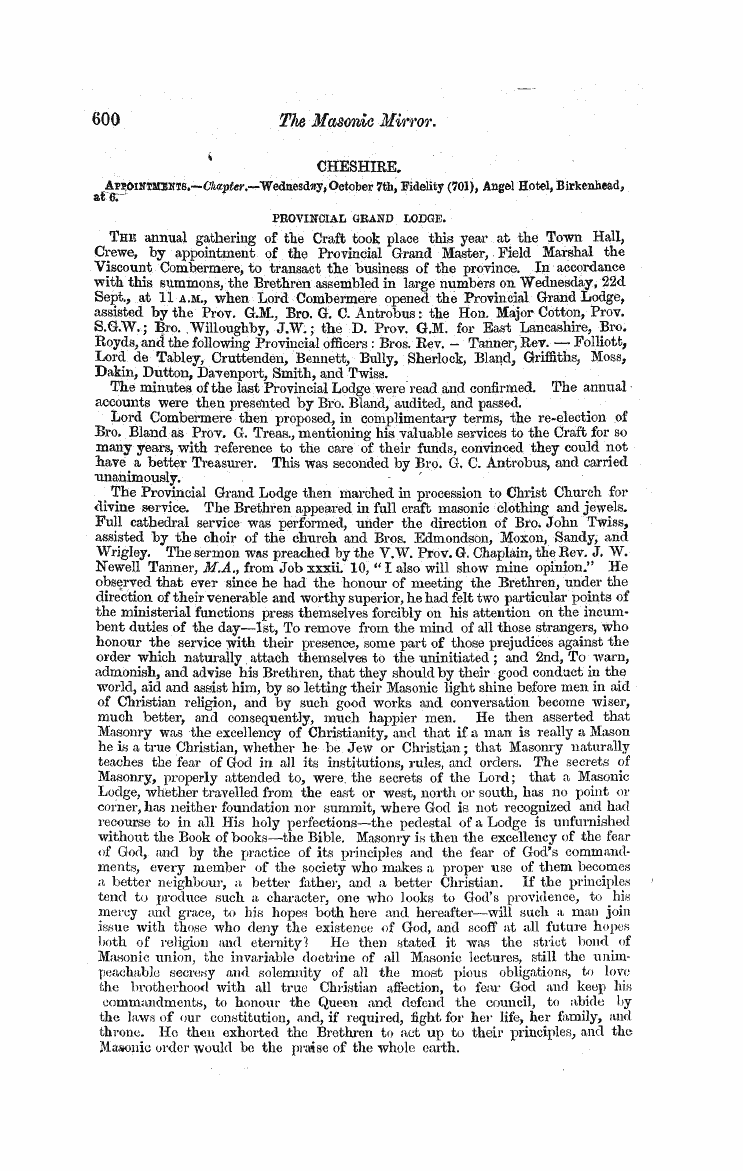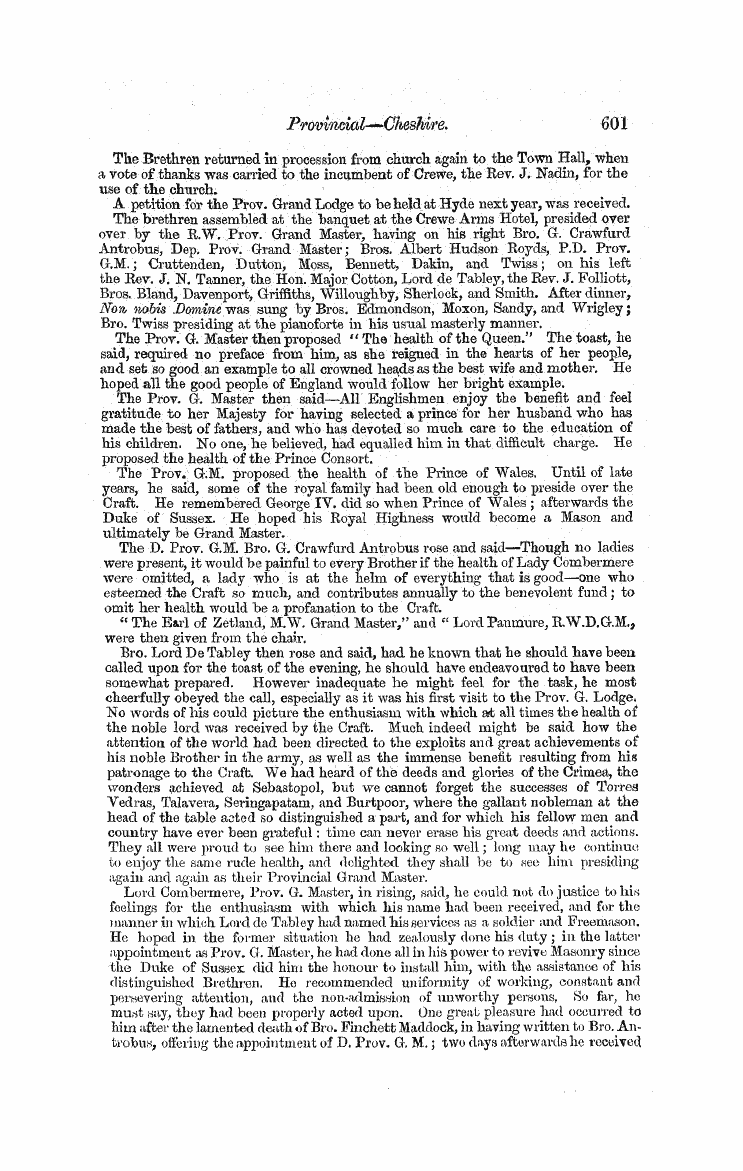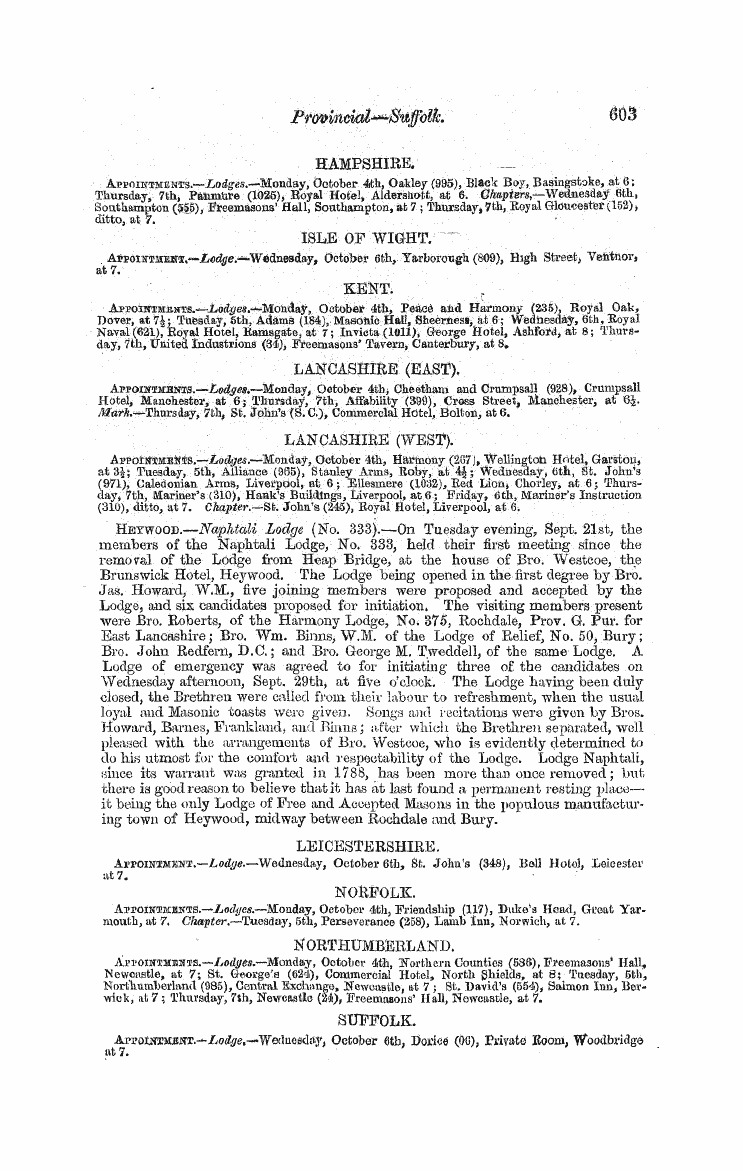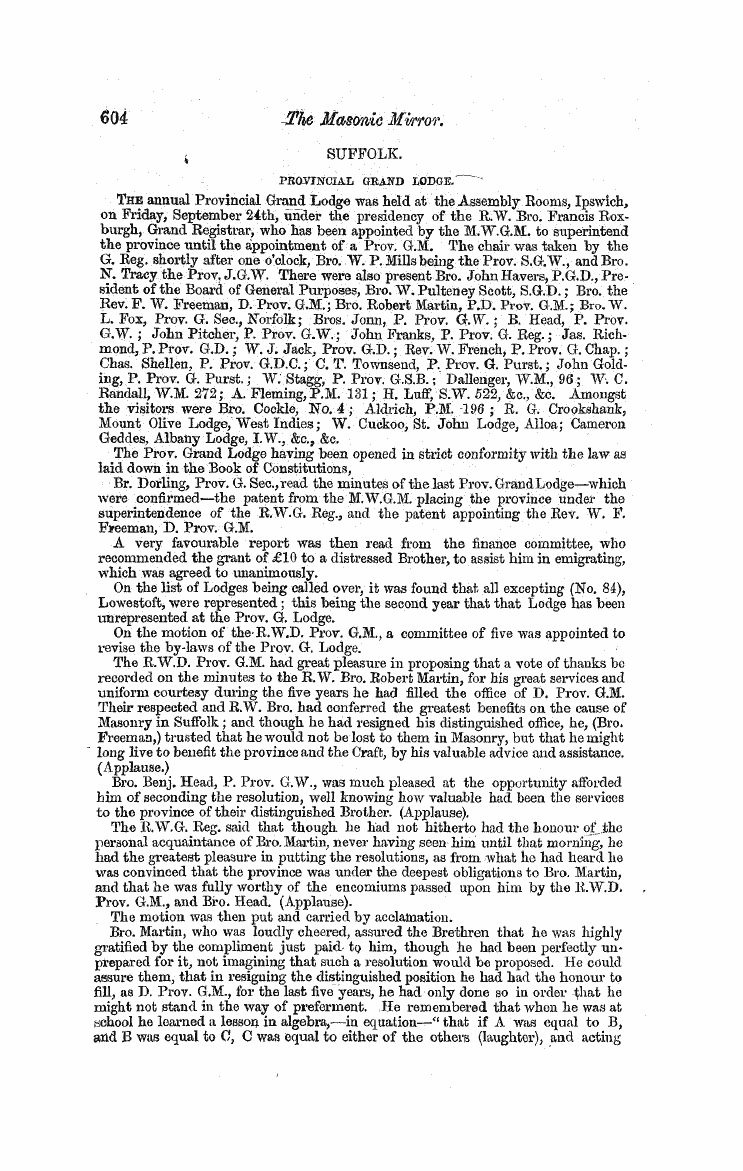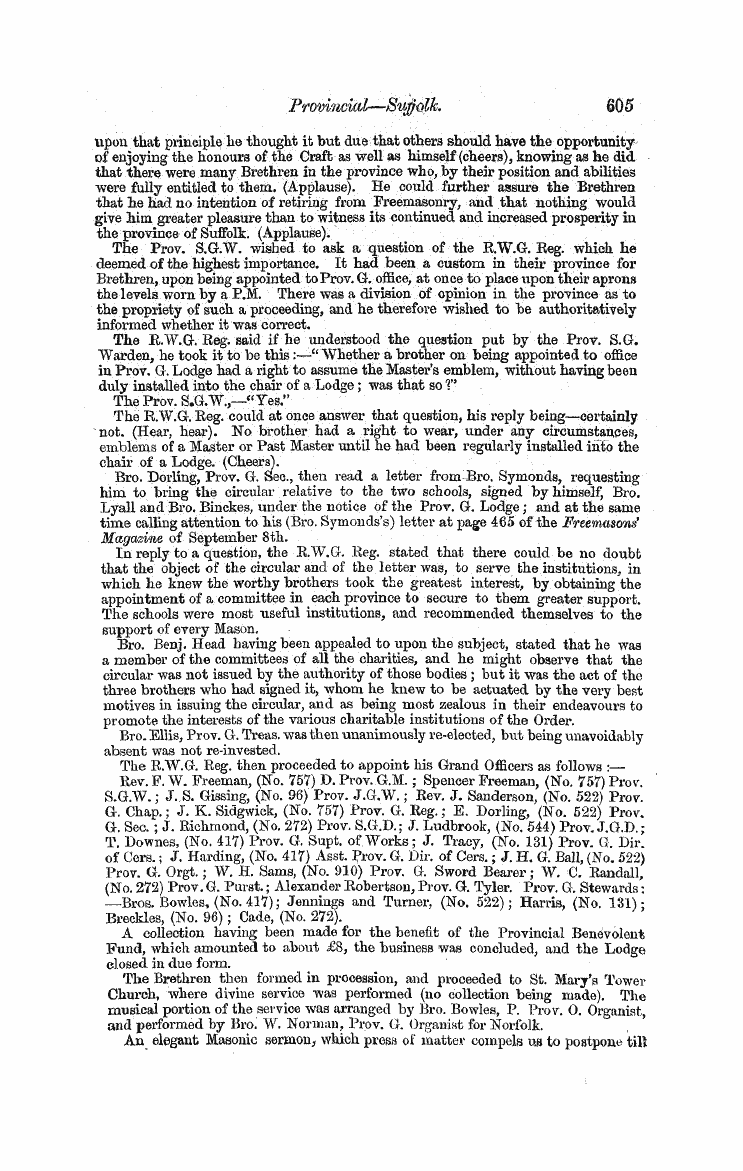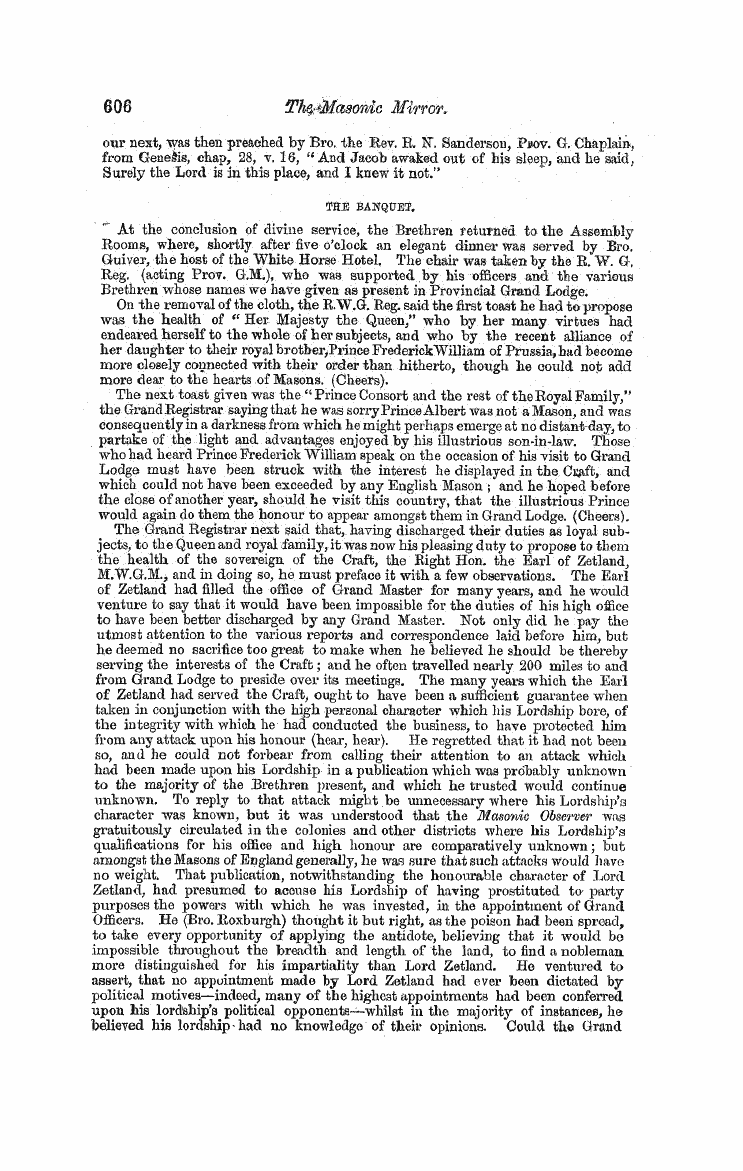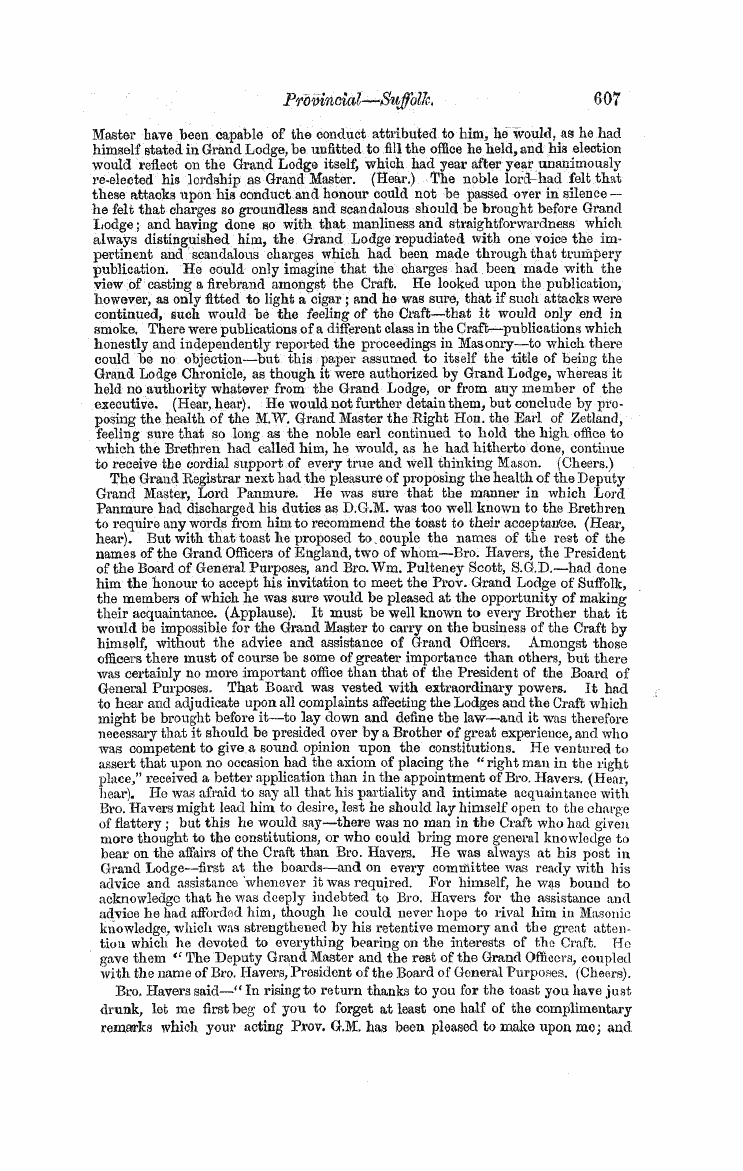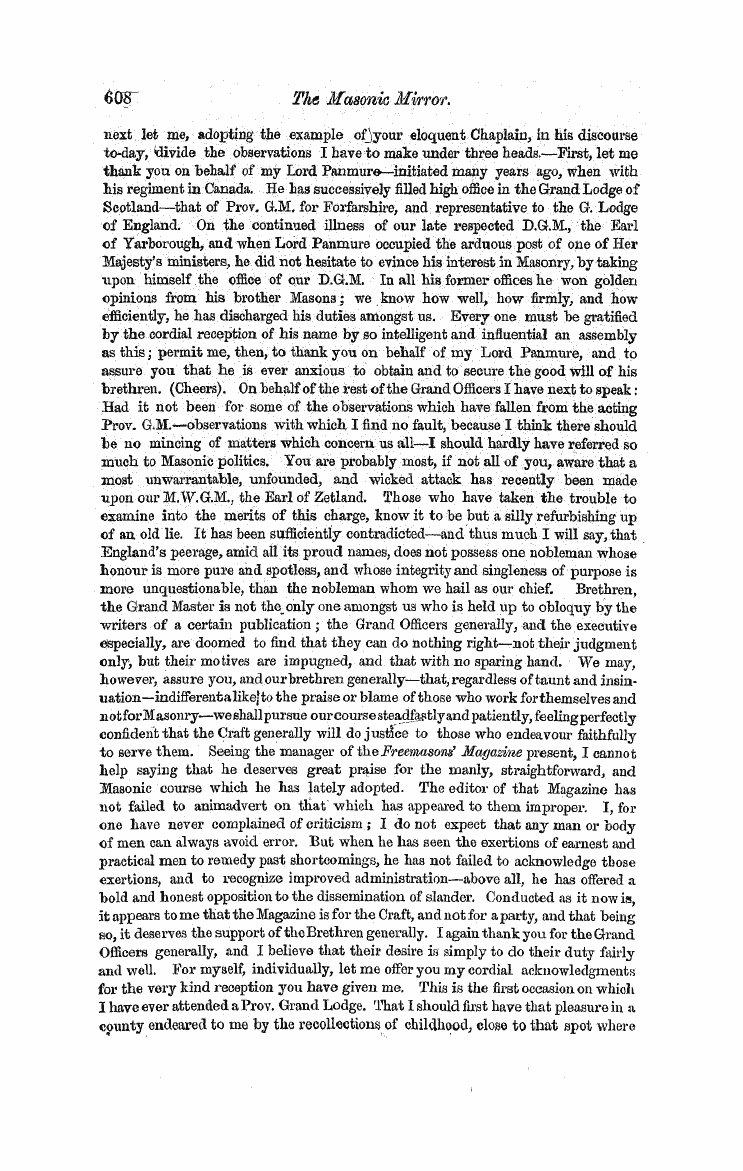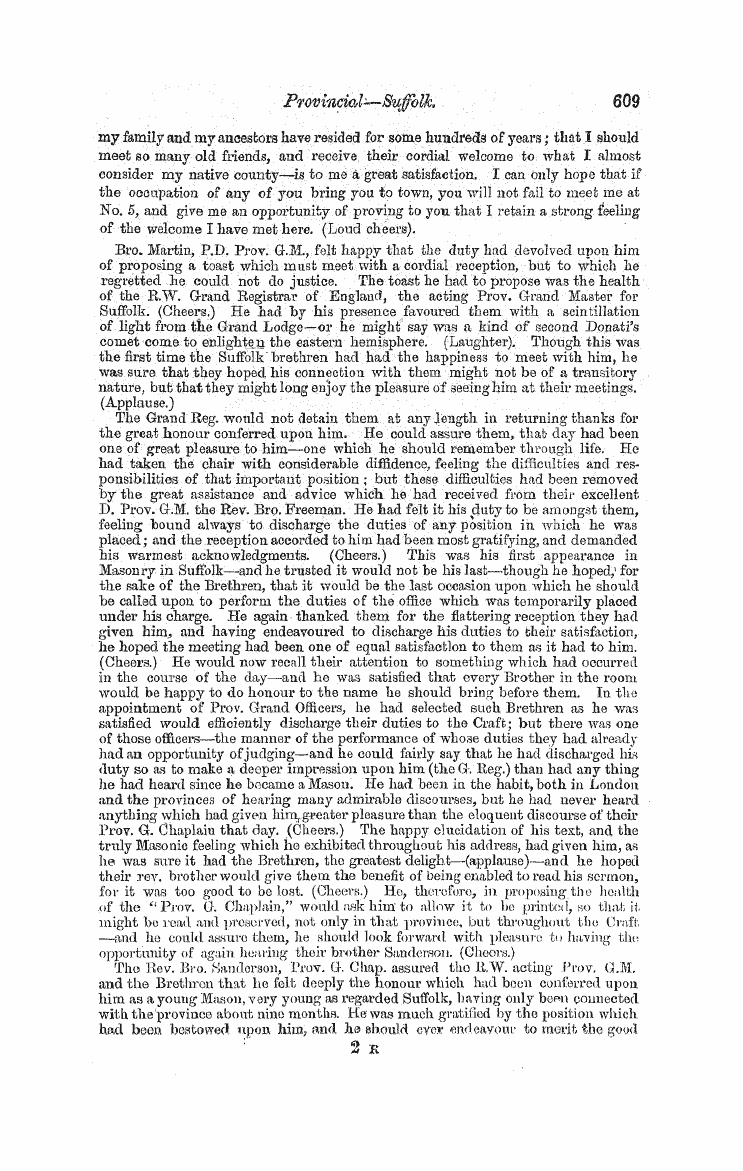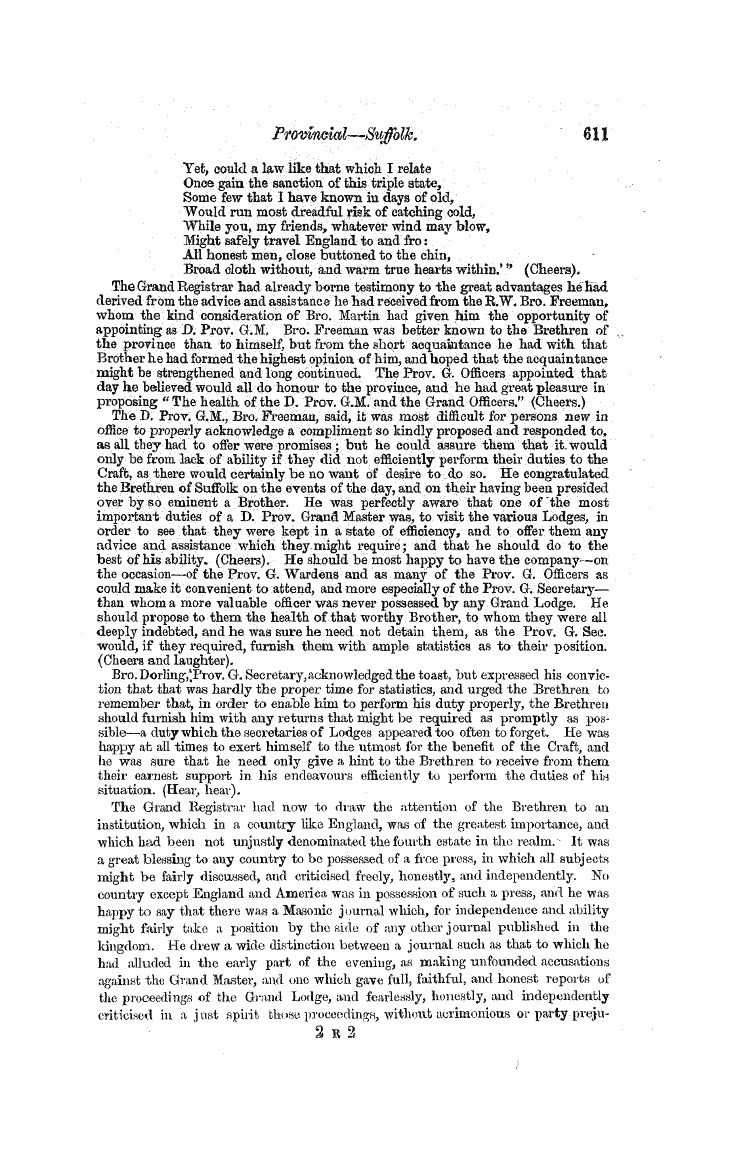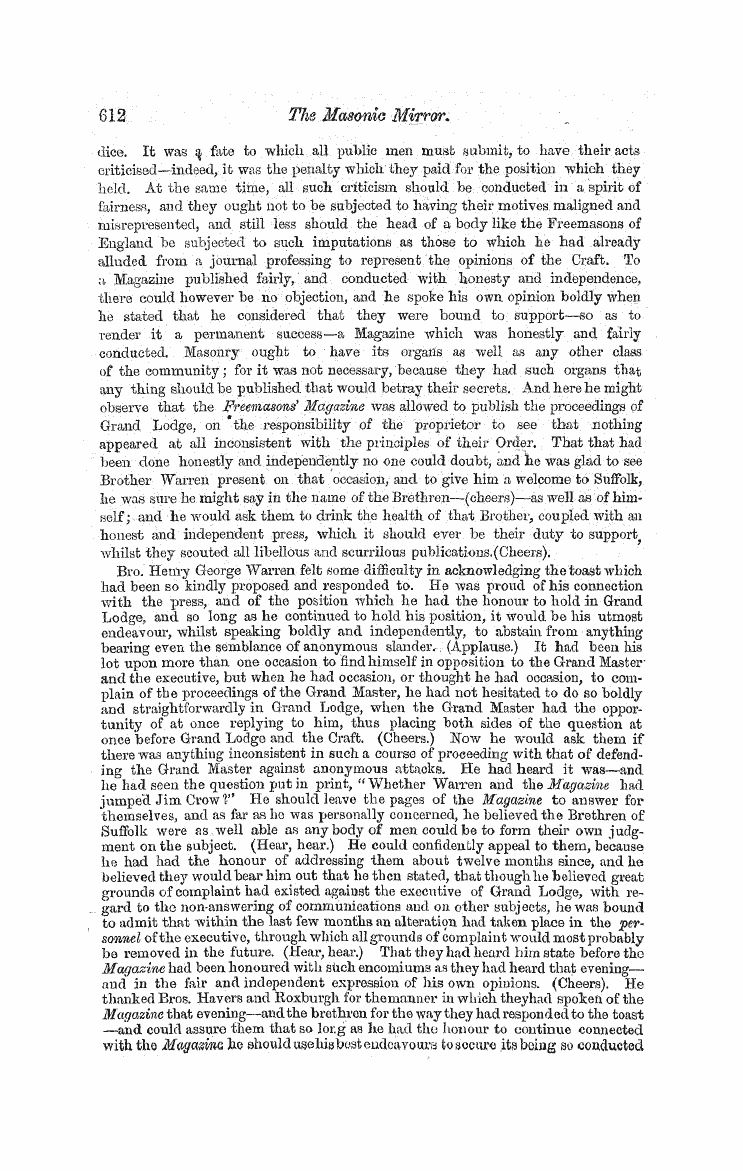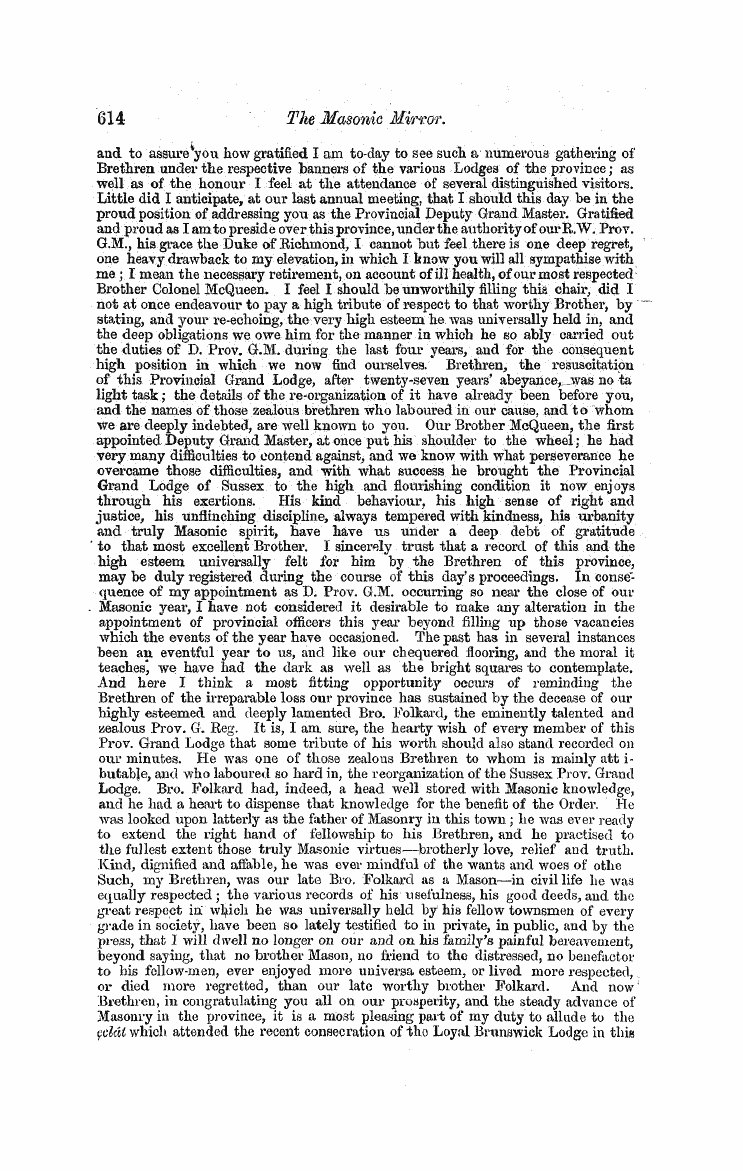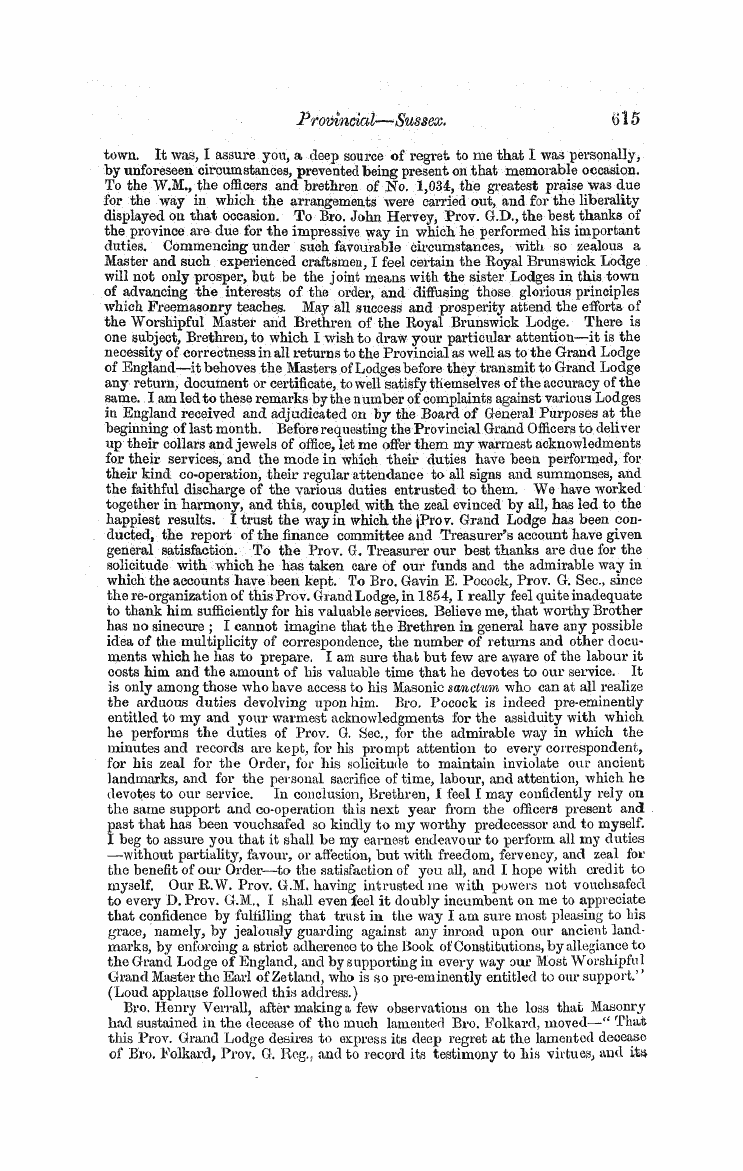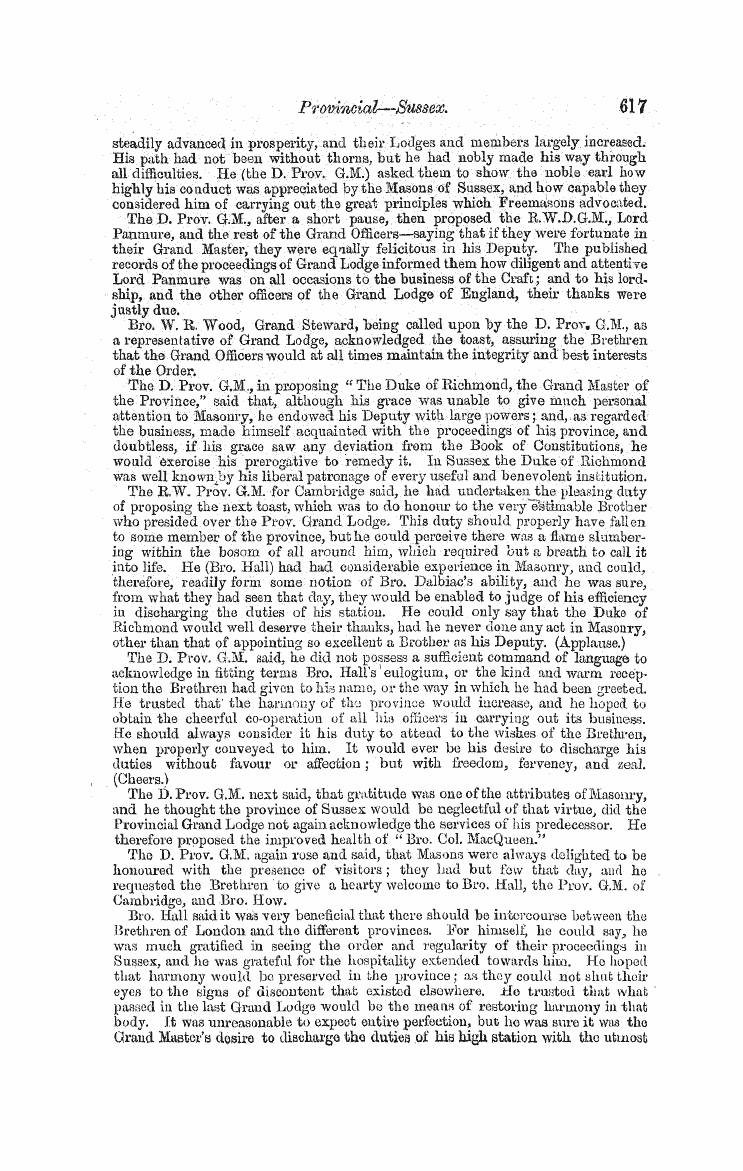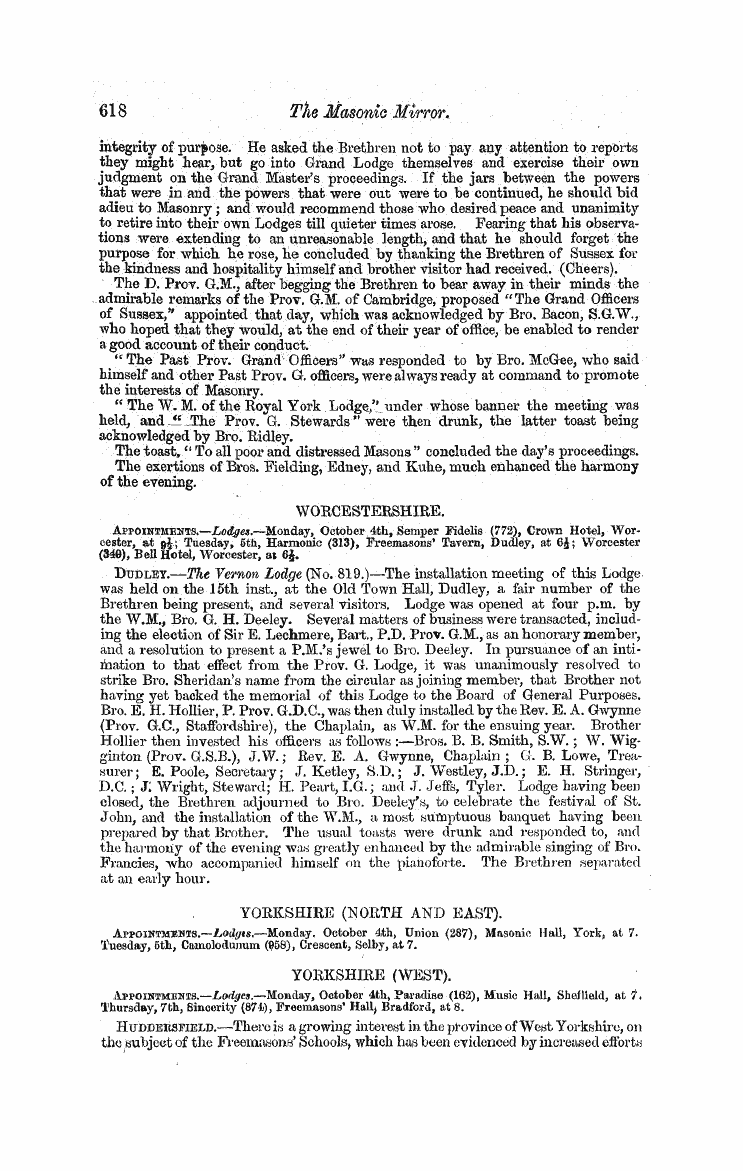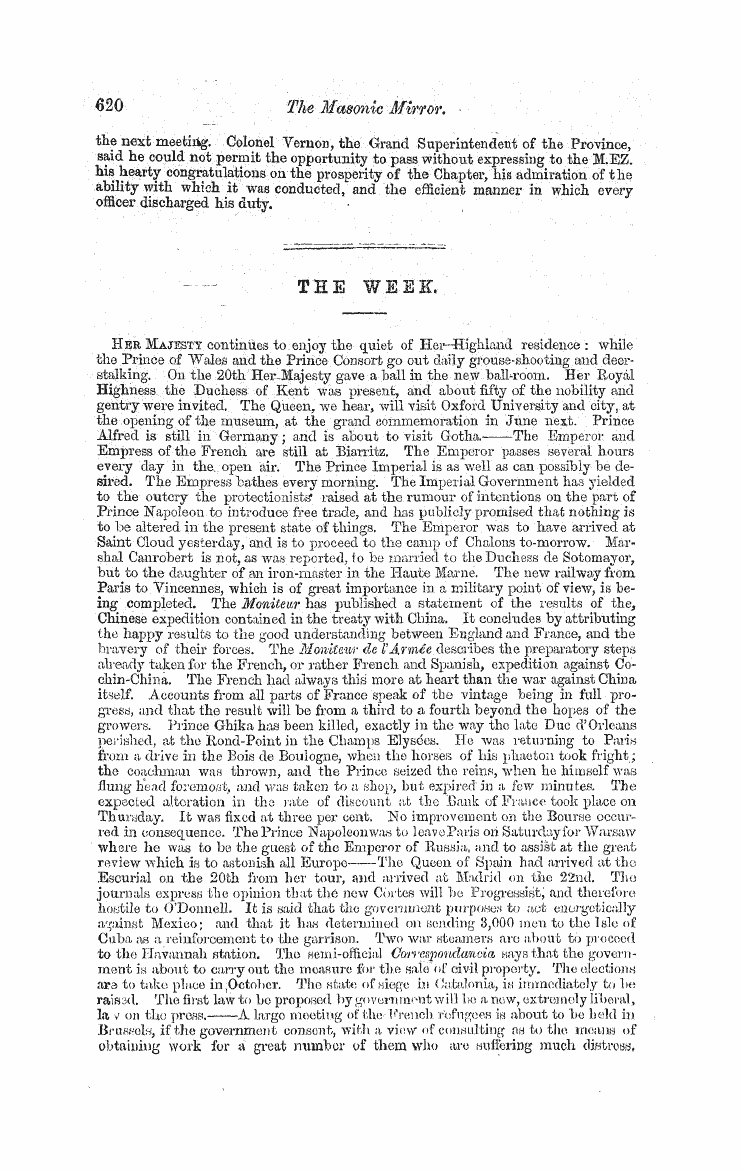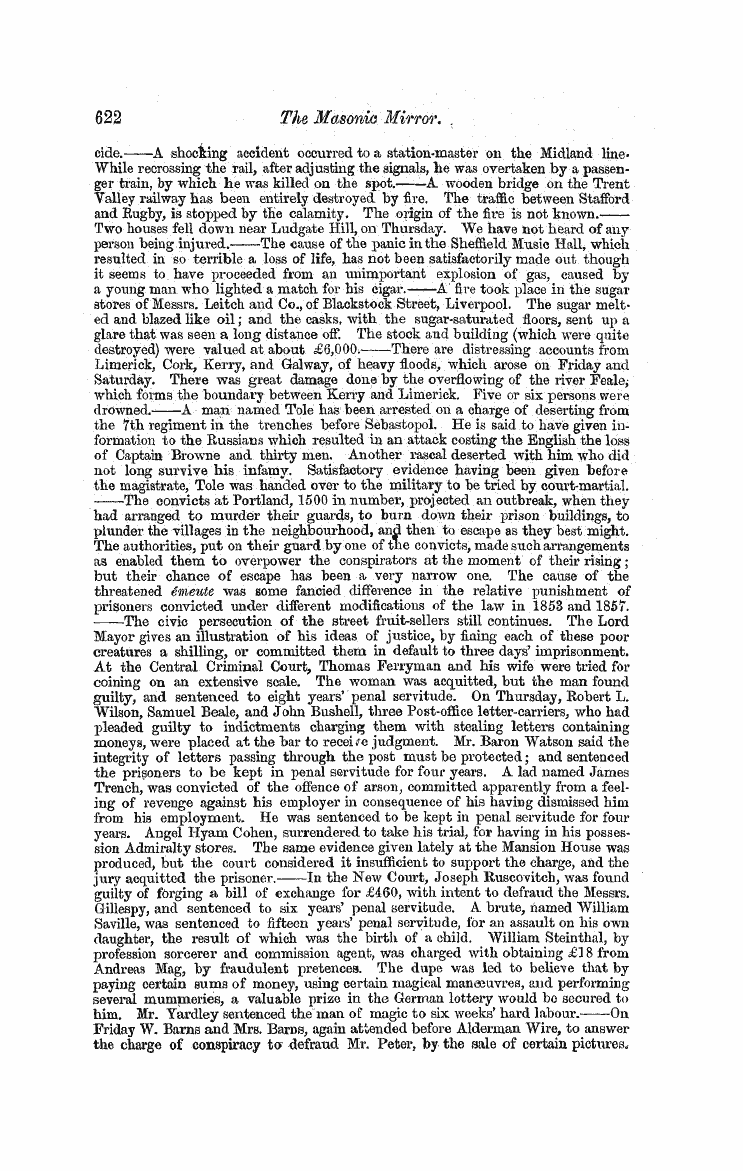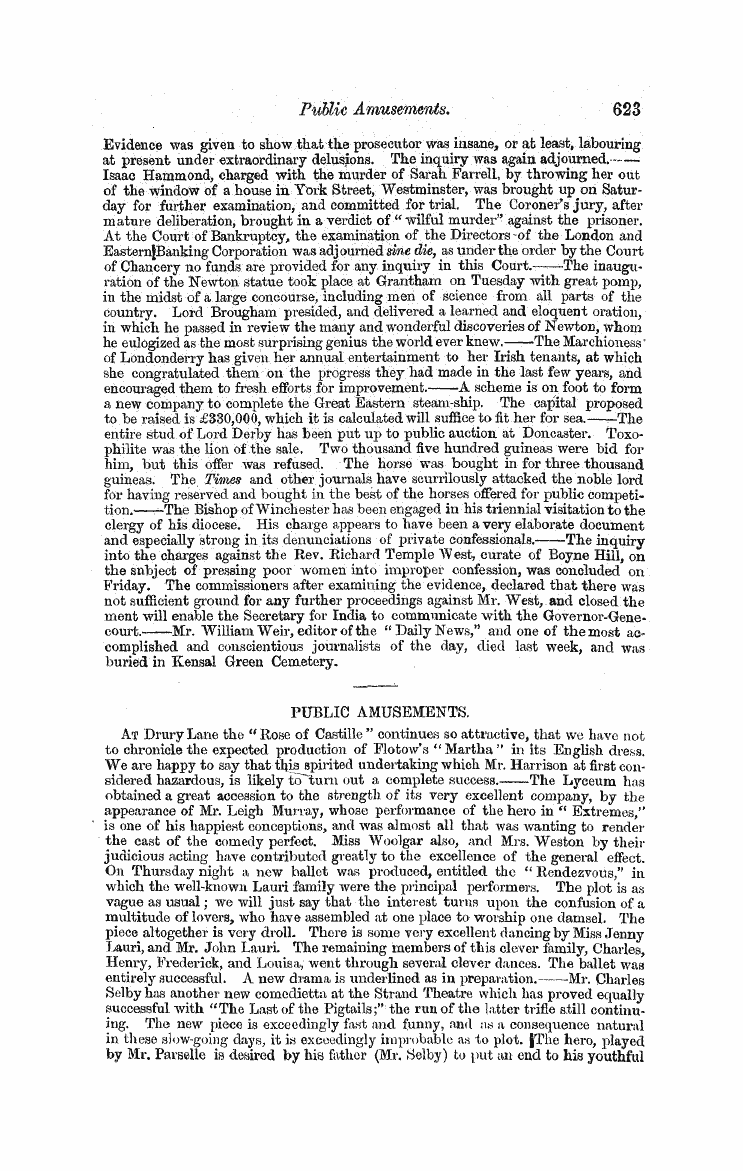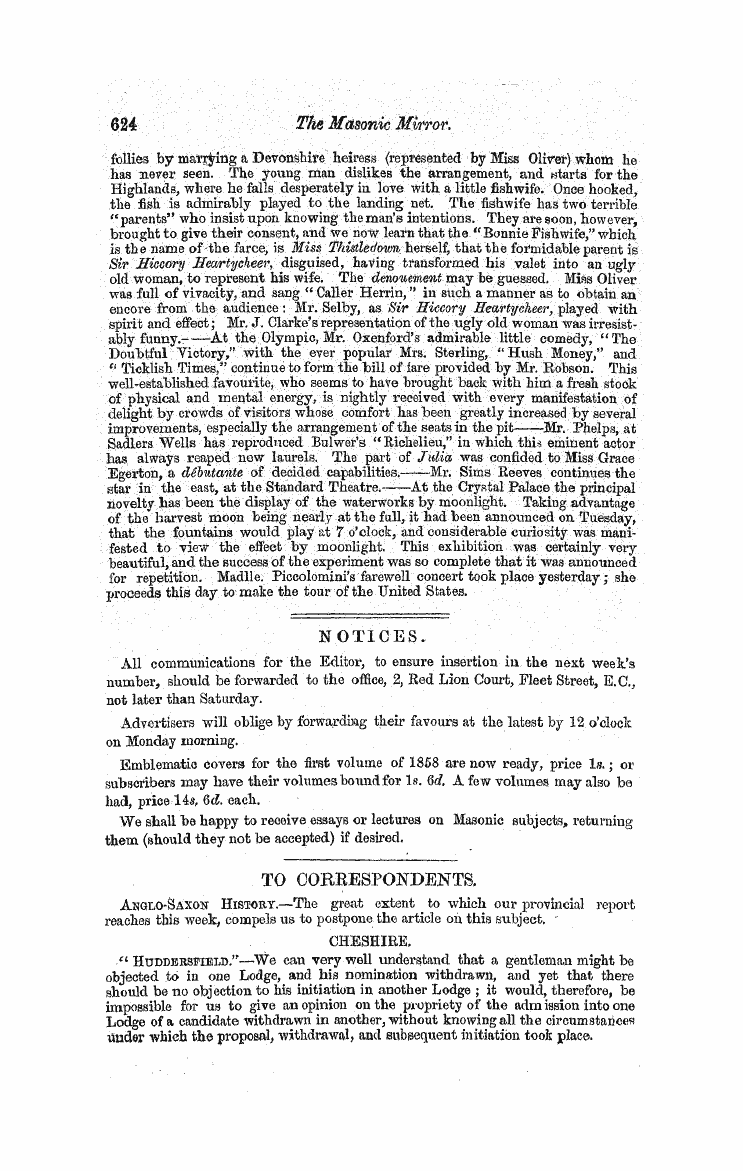Note: This text has been automatically extracted via Optical Character Recognition (OCR) software.
0!He Ang
Livy , not only indulged in feasting and drinking at their meetings , 'but when they were heated with wine , they practised the coarsest excesses . ; The time of initiation lasted ten days ; on the tenth day the aspirant partook of a solemn meal , and after having undergone a purification by water , was led into the sanctuary . At first only
women were initiated , and the inysteries were celebrated only during three days in each year . But Paeula Annia , a Oampanian priestess , pretending , it is said , to act under the direct influence of Bacchus , changed the whole method of Initiation : she initiated men , and transferred the solemnization from the day time to night , and held bacchanalia five days in each month Instead of only three days in each year . From this time the excess and licentiousness of these orgies increased to so alarming an extent , that in the year B . C . 186 , the consuls Spurius Posthumius Albinus , and Quihtus Marcius Philippus , at the command of the senate , instituted an investigation
into the nature and obj eet of these new rites . Numerous persons were arrested and some put to deathi , and a decree of the senate was issued , ordering that no bacchanalia should thenceforward be held either in Borne , or in any other part of Italy , without special license from the prcetor urbanus , who ^ ould not grant such permission without the authority of the senate . If this permission were thus
granted , in an assembly of the senate of not less than a hundred members , the Bacchic rites might be celebrated ; but not more than five persons were to be present at their solemnization , and there was to be neither a common fund to support them , nor any regular priest or master of the sacred rites . A brazen tablet , inscribed with this important document , was found in 1640 , near Bari , in southern Italy , and is now to be seen in the Imperial Museum at Vienna .
When the Bacchanalia were thus suppressed m Rome and throughout Italy , a more simple and innocent festival of Bacchus , called the Liberalia , took their place , and were celebrated once a year . Priests and priestesses , crowned with garlands and wreaths of ivy , carried in procession through the city wine , honey , cakes , and sweetmeats , together with an altar with a handle ( ara ansatd ) , in the middle of which there was a small fire pan ( foculus ) , in which from time to
were the NvtcrfiXta ^ which were observed by the Athenians in honour of Bacchus Nyctelius . They were celebrated under the most fearful penalties to secure secrecy , and in the night , as their name implies . The secrecy , indeed , which seems to have surrounded all the Bacchic mysteries , is clearly pointed out by Horace in his eighteenth ode of
tune sacrifices were burned . This festival was celebrated on the sixteenth day of March ; and on this day those of the Roman youths who had attained their sixteenth year , received the toga virilis . Some other festivals and mysteries may be mentioned ( they w ere , in fact , almost innumerable ) , among the most remarkable of which
the first book , which , as it is in praise only of Bacchus and the mode rate use of wine , and is , moreover , a short one , we quote entire ;« - *
Note: This text has been automatically extracted via Optical Character Recognition (OCR) software.
0!He Ang
Livy , not only indulged in feasting and drinking at their meetings , 'but when they were heated with wine , they practised the coarsest excesses . ; The time of initiation lasted ten days ; on the tenth day the aspirant partook of a solemn meal , and after having undergone a purification by water , was led into the sanctuary . At first only
women were initiated , and the inysteries were celebrated only during three days in each year . But Paeula Annia , a Oampanian priestess , pretending , it is said , to act under the direct influence of Bacchus , changed the whole method of Initiation : she initiated men , and transferred the solemnization from the day time to night , and held bacchanalia five days in each month Instead of only three days in each year . From this time the excess and licentiousness of these orgies increased to so alarming an extent , that in the year B . C . 186 , the consuls Spurius Posthumius Albinus , and Quihtus Marcius Philippus , at the command of the senate , instituted an investigation
into the nature and obj eet of these new rites . Numerous persons were arrested and some put to deathi , and a decree of the senate was issued , ordering that no bacchanalia should thenceforward be held either in Borne , or in any other part of Italy , without special license from the prcetor urbanus , who ^ ould not grant such permission without the authority of the senate . If this permission were thus
granted , in an assembly of the senate of not less than a hundred members , the Bacchic rites might be celebrated ; but not more than five persons were to be present at their solemnization , and there was to be neither a common fund to support them , nor any regular priest or master of the sacred rites . A brazen tablet , inscribed with this important document , was found in 1640 , near Bari , in southern Italy , and is now to be seen in the Imperial Museum at Vienna .
When the Bacchanalia were thus suppressed m Rome and throughout Italy , a more simple and innocent festival of Bacchus , called the Liberalia , took their place , and were celebrated once a year . Priests and priestesses , crowned with garlands and wreaths of ivy , carried in procession through the city wine , honey , cakes , and sweetmeats , together with an altar with a handle ( ara ansatd ) , in the middle of which there was a small fire pan ( foculus ) , in which from time to
were the NvtcrfiXta ^ which were observed by the Athenians in honour of Bacchus Nyctelius . They were celebrated under the most fearful penalties to secure secrecy , and in the night , as their name implies . The secrecy , indeed , which seems to have surrounded all the Bacchic mysteries , is clearly pointed out by Horace in his eighteenth ode of
tune sacrifices were burned . This festival was celebrated on the sixteenth day of March ; and on this day those of the Roman youths who had attained their sixteenth year , received the toga virilis . Some other festivals and mysteries may be mentioned ( they w ere , in fact , almost innumerable ) , among the most remarkable of which
the first book , which , as it is in praise only of Bacchus and the mode rate use of wine , and is , moreover , a short one , we quote entire ;« - *































































































































































































